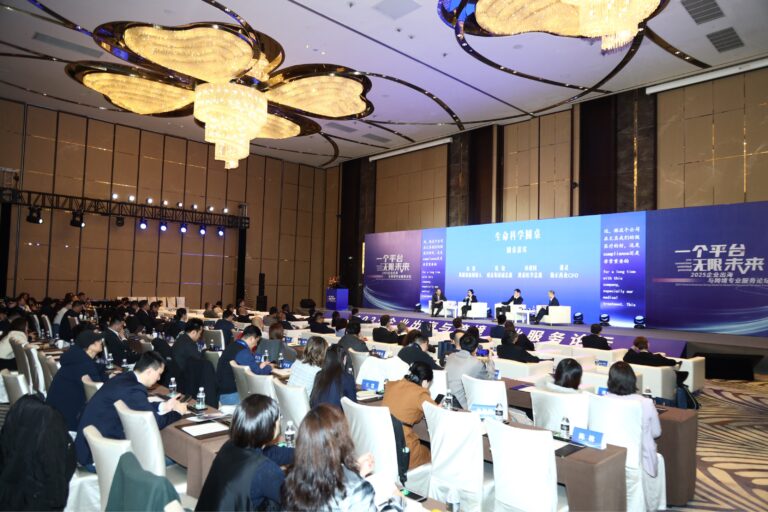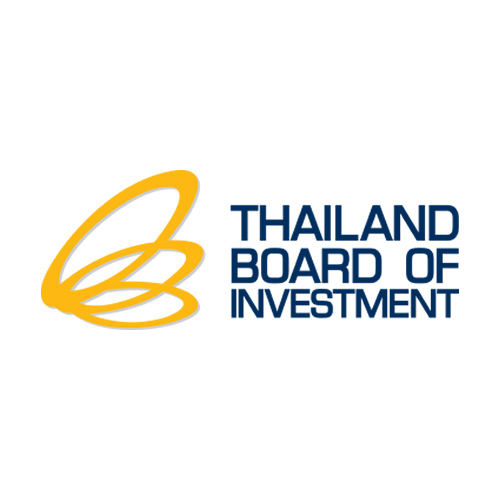FRANK Legal & Tax Enhances Its Regional Presence in Shanghai
FRANK Legal & Tax’s Participation in Shanghai Conference Highlights Expertise in Cross-Border Investment and Market Entry into Thailand FRANK Legal & Tax has further solidified its presence in the Asia-Pacific region through a strategic visit to Shanghai. Managing Partner Fabian Doppler engaged with leading Chinese business executives and investors, reinforcing the firm’s position as a…





